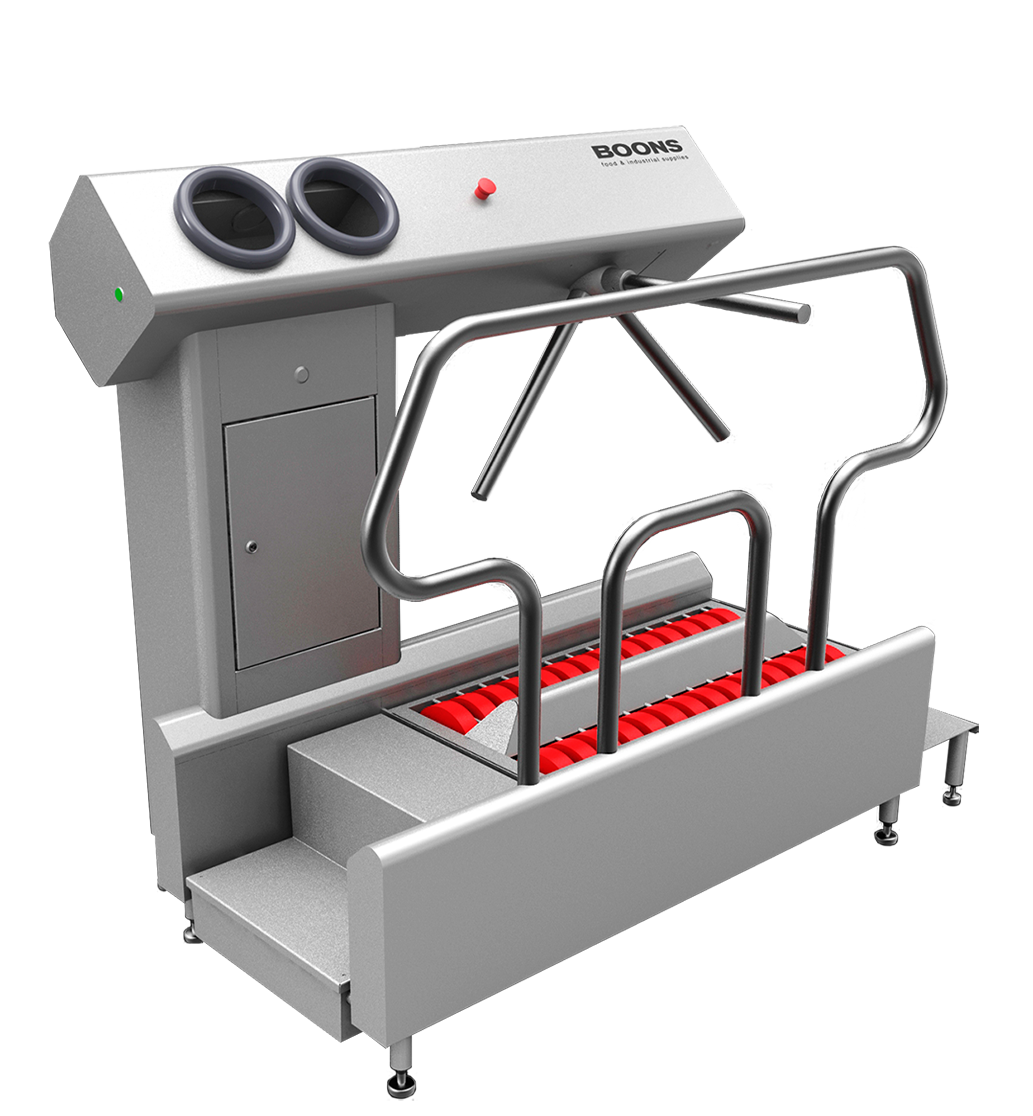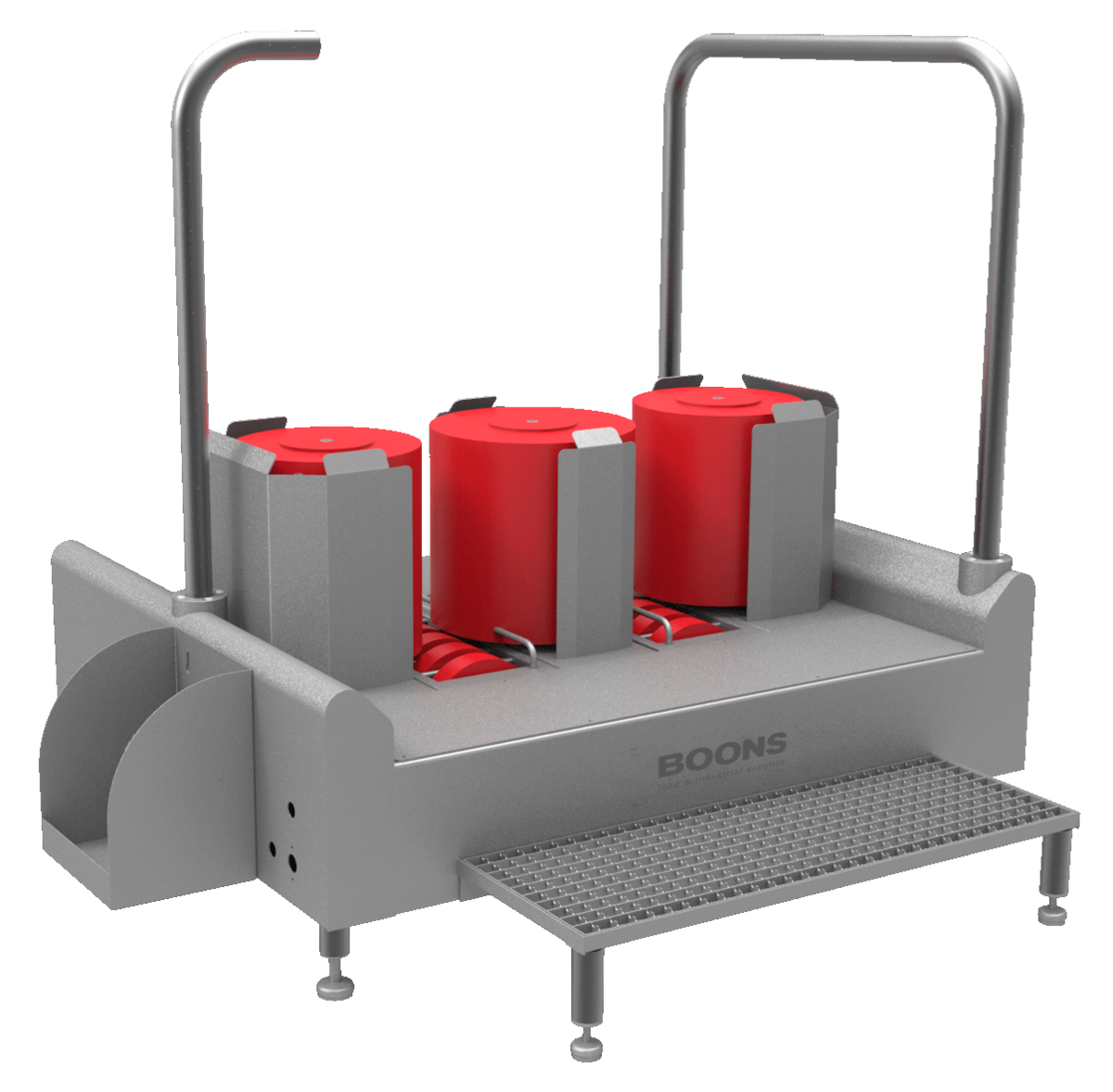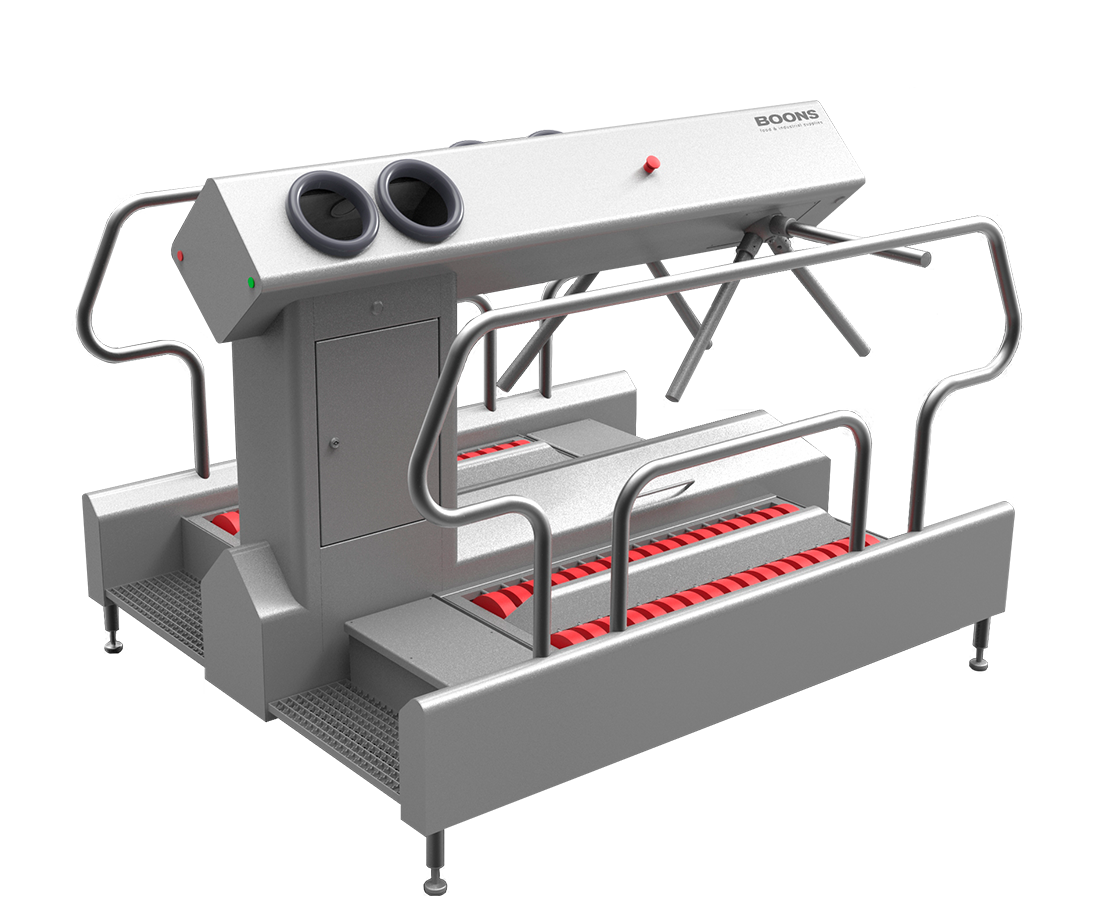What is a BRC certificate?
The BRC standard is essential to a food processing company. In the food industry a company with a BRC certificate offers a supplier strong guarantees regarding food safety, traceability and quality. Read this article if you are you looking for more information about the content of or obtaining a BRC certificate.

What does BRC stand for?
BRC stands for British Retail Consortium. In 2003 this professional association of distributors set a specific standard for better food safety and the control of food products.
The international standard set out by the BRC can be monitored by a third independent party (the certifying organisation) at your company. These requirements are regularly evaluated to correspond with market developments and changes in laws and regulations.
What does a BRC audit involve?
If you want your company BRC-certified an independent party will carry out a BRC audit. More than 300 points are checked at your company both on paper and physically on the shop floor. You can be awarded the BRC certificate based on the number of points for which you score sufficient to good. The highest standard is the BRC A-grade. You can be awarded this if there are no remarks for at most 10 of the 300 points.
Good hygiene, crucial and standard within BRC
Food safety and good hygiene go hand in hand. To ensure the personal hygiene of your staff, it is advisable to invest in hand disinfection systems, hygiene stations, sole cleaners and hand-wasing sinks. These are automated systems that provide a ‘waterproof hygiene protocol’ and thus guarantee a spotless production environment by drastically reducing the risk of contamination. For obtaining your BRC certificate, such products are essential in the food industry. These devices are part of the hygiene lock that operators and visitors (must) pass through before entering the production area.
We highlight the three main hygiene devices below.



Hand hygiene units
Personal hygiene starts with good hand hygiene. This is because hands pose a high risk of transmitting micro-organsisms. A convenient way to address this is this HDK/XL, an automatic dispenser that sprays soap product or disinfectant onto hands when passers-by have inserted both hands into the round openings. After successful soaping or disinfection of the hands, the turnstile is released and the person can proceed to the washbasins (after soaping) or the production area (after disinfection). In addition to the HDK, BOONS FIS has other hand hygiene solutions.
Hand-washing sinks
The second step within the hygiene lock is washing the hands. This is done at hand-washing sinks, which are available in various sizes and designs. Our hand-washing sinks are robustly constructed and finished to an extremely high quality and seamless finish. A super-smooth surface and perfect rounding guarantee ease of maintenance and optimum hygiene. The hand-washing sinks are made entirely of durable stainless steel (1.4301) and meet the highest quality requirements.
The WR hand-washing sinks are available with 2, 3, 4, 5 or 6 taps, or double-sided up to 12 taps. All hand-washing sinks can be operated by a knee push button, a knee sensor, a tap sensor or with the Dyson AirbladeTM Wash+Dry taps.
Hygiene stations
If sole cleaning is also crucial within the hygiene protocol, choose a hygiene station that combines hand disinfection and sole cleaning. These devices guarantee a controlled passage of workers when entering and leaving the production area(s). Upon entering the URK, hands are disinfected in the appropriate hand openings (protected via rubber rings) and footwear is cleaned by rotating brushes.
The turnstile allows passage only when the users have correctly completed the cleaning procedure. This ensures a perfect personal hygiene.
For how long is BRC certification valid?
Once you have the BRC certificate for your foodstuffs you are still not exempt from audits and controls. If you want to keep the BRC certificate for a longer time, your company will be subjected to this annual audit. This means the BRC certificate is only valid for one year. This is because the standard can be changed over the years. Hence account must be taken of laws and regulations, and developments in the food industry market. This makes the BRC certificate a leading standard in the food industry.
BRC Global Standards
You can read a brief summary of the content of the BRC Global Standards below. The standard consists of no fewer than seven sections. The following aspects are examined in detail:
- Standards at the establishment
Requirements regarding the equipment, maintenance, social spaces and the risk of contamination are included in the assessment of the standards at the establishment. - Product control
Here the business process is assessed for the design, packaging, inspection and release of products. Allergen management and claims guarantees are also looked at. - The food safety and quality management system
This aspect is based on the ISO 9001 certificate. There are checks concerning product specifications, supplier inspections, traceability, etc - Food safety plan - HACCP
To secure the BRC certificate there must be an HACCP plan in place, the Hazard Analysis and Critical Control Points plan. Read more about the HACCP certificate here. - Involvement of senior management
It is important that senior management is fully involved with the implementation of the standard. Your company will be thoroughly assessed for this. - Process control
Operational control of production is required to obtain a BRC certificate. This is achieved by carrying out documented procedures and work instructions, for example. - Personnel
Qualified and competent personnel is the last requirement for the BRC certificate. Personal hygiene and training are at the heart of this aspect. To suffice with regard to personal hygiene it is advisable to invest in advanced and automated systems to be able to guarantee the hygiene of your employees.
Related products

Hand‑washing sinks with Dyson Airblade
Wash and dry hands over the sink. You can wash and dry your hands without touching the tab....
URK hygiene station
The URK is a robust hygiene station that was designed for the controlled passage of employees...
Hand chemical turnstile HDK/XL
The HDK/XL is an automatic dispenser that sprays the disinfectant or soap product on the hands...
Boot cleaner DR400/V300
The DR400/V300 walk-through sole and boot cleaner is a brushing machine made of stainless...
